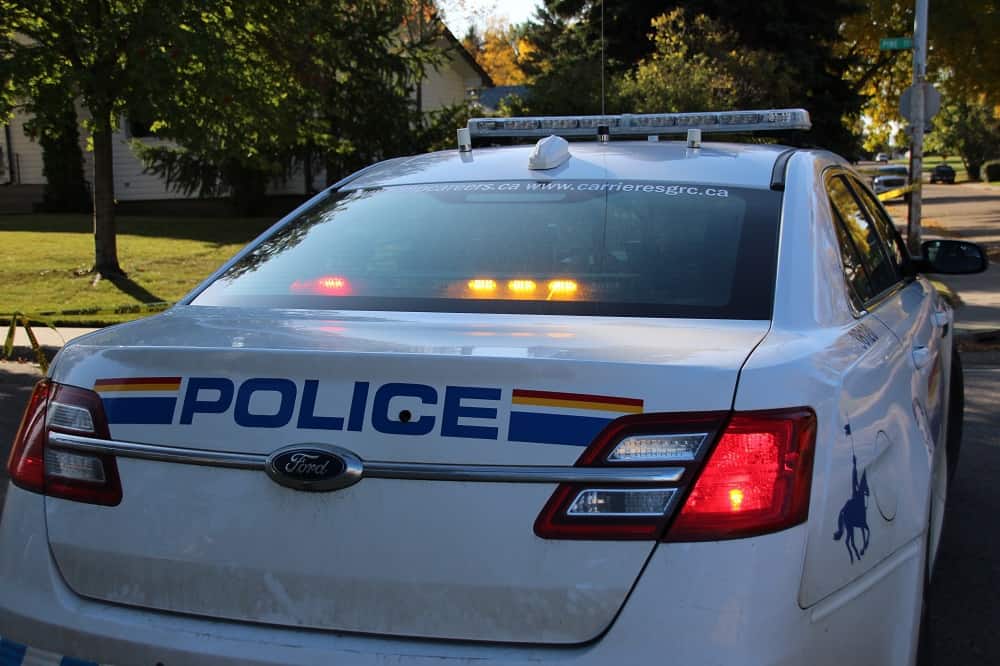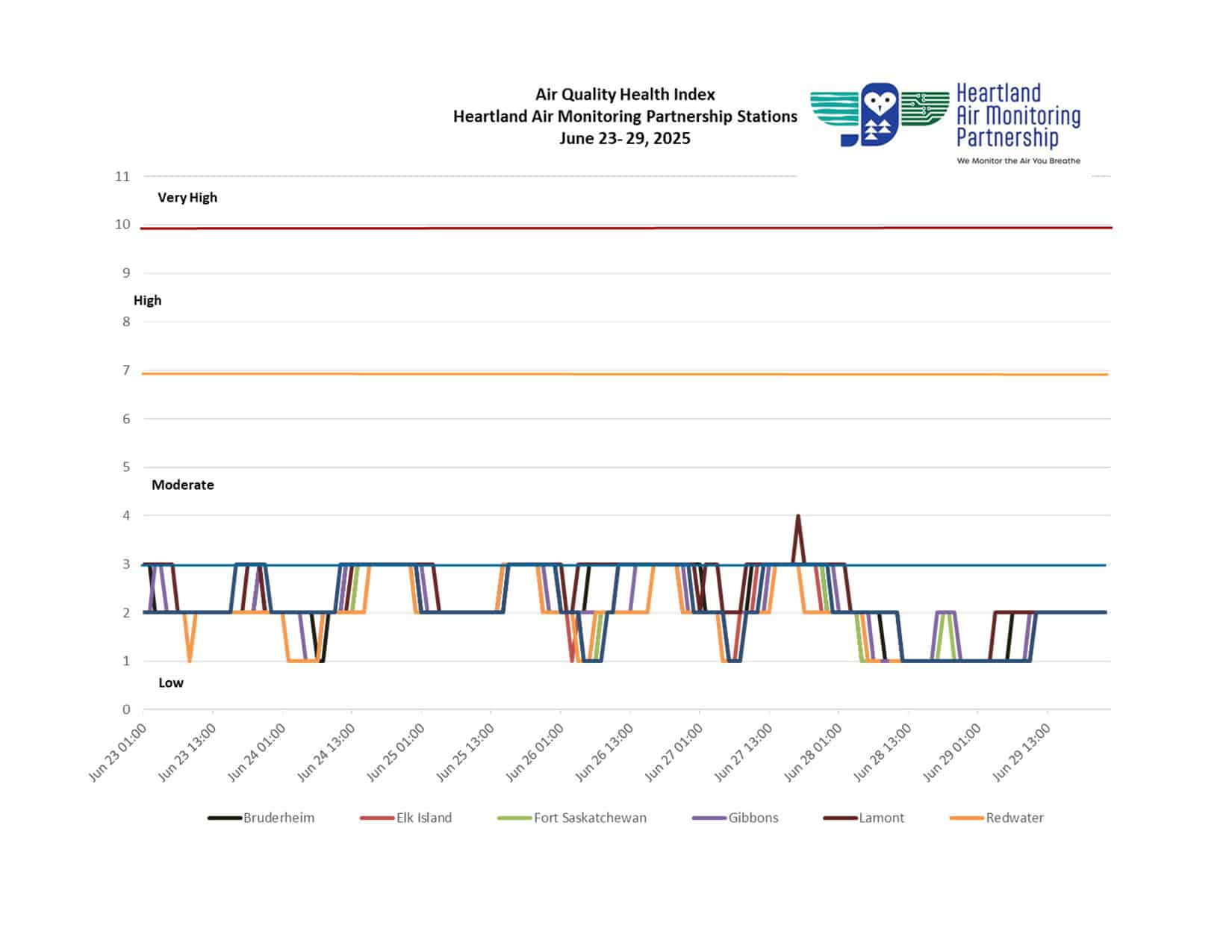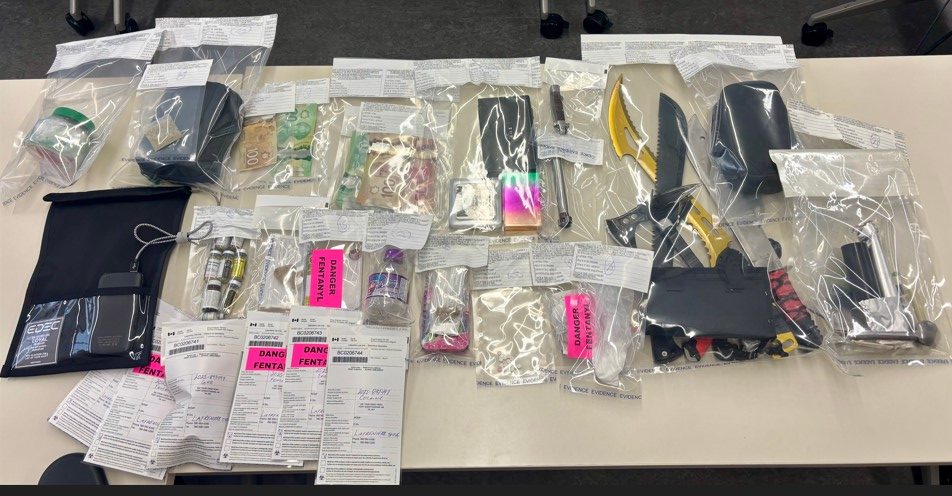You get a call late at night. The voice on the other end sounds panicked.
“Grandma, please help. I need money right now, or else the police say I’m going to jail,” the voice tells you. You don’t quite recognize their voice, but only three people in the world call you grandma. You utter the name of your eldest granddaughter. “Emily? Is that you?”
“Yes, it’s me! It’s Emily! Please hurry, I need your help. Please don’t tell anyone about this. Especially grandpa. I would be so embarrassed.”
You rise from your bedside, resolved to help Emily get out of this mess. You begin to arrange to drive to the gas station to purchase six pre-paid cards for an online marketplace where cellphone applications are sold. As you step into your vehicle, you don’t stop to consider how unusual it is for the RCMP to seek payments. Nor do you consider why the Mounties would accept such a payment in gift certificates.
Minutes later, you have the gift cards. You begin to scratch off the foil covering the cards serial code. The minute you transmit these key details for the gift cards, your job as the mark is complete.
Meanwhile, your real-life granddaughter, Emily, is safe in bed. She is completely unaware that someone pretending to be her has played to your good-natured spirit and defrauded you of $150 worth of gift cards.
The RCMP say swindles, not necessarily playing out exactly like this, but similar, have been occurring in Leduc this month.
Fraud artists will often ask for cash, bitcoin, e-transfers, or gift cards. The scammers may even send a person to collect the money or ask for the money to be mailed, the release said.
If you receive a call that does not sit right with you, public info officer Constable Cherri-Lee Smith, told Heartland News in an interview last week, about steps you can take to help confirm your intuition.
“Slow things down and take your time to think it through. If you’re not sure what to do, ask someone you know and trust for some help. Nobody in a position of any sort of authority, police or in some sort of court is going to be demanding money like that,” Const. Smith said.
Another tactic you could use is to disconnect the call, Const. Smith said. “Hang up and call back the person that they said they were through a number that you know to be the legitimate way to reach them to confirm that the information you were getting on the phone is true. Some of these scammers can be quite convincing and they will do whatever they can to make you feel like it is an urgent matter that you need to deal with right away.”
Fraudsters will often ask their marks to keep the scam a secret. Const. Smith said the grandparent or emergency scam is like the romance scam in this way.
“They’ll often want to do things quietly. They’ll kind of ask, ‘don’t tell anyone, keep it between us,’
“If they’re trying to be someone, they might pretend it’s to do with shame or embarrassment. They’ll use these tactics to try to gain your trust and to keep you keeping that information between you and them, so that hopefully you will want to provide that information or send that money to them,” Const. Smith said.
Police advise you to never give out your personal information. “Beware of calls where you are asked to provide your name, address, birthdate, Social Insurance Number, credit card or banking information, and other personal family details,” the media release said.
If you have fallen victim to this scam, Const. Smith said make sure you document everything. This includes any sort of communication between you and the scammer, to any potential account information used in potential transactions.
Victims can contact the Canadian Anti Fraud Centre and their local police detachment.
And if you are a fraudster?
“This sort of behavior isn’t tolerated, and we will continue to investigate these incidents of scams and try to hold people accountable,” Const. Smith said.







